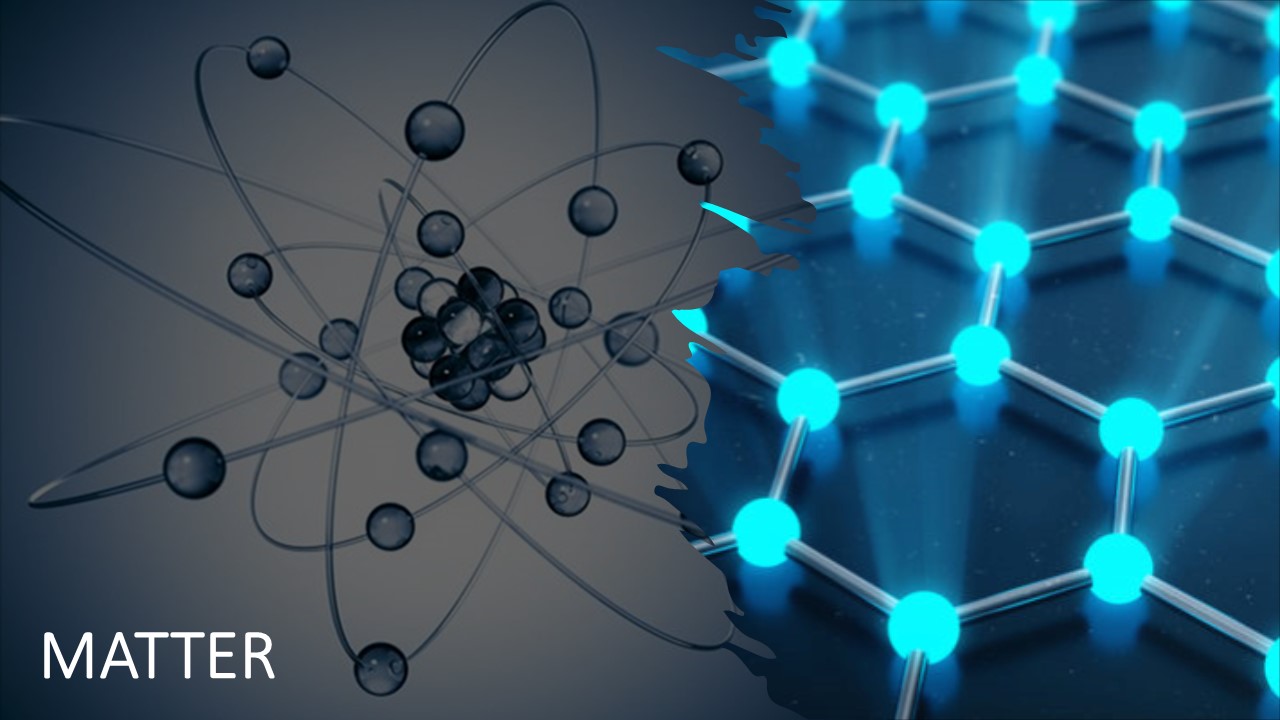STD VIII – MATTER (Hybrid)
About Course
In this section will learn the following chapters:
1.Kinetic Theory of Matter
2.Change of State
Last Updated:July 13, 2024
0 (0 Ratings)
Share Course
Page Link
Share on social media

Description
Kinetic Theory of Matter
Kinetic energy is the energy that is produced when an object is in motion. It is defined as the work required to accelerate a body from rest to a particular velocity. If an object is not moving, then the object is said to have zero kinetic energy.
The word kinetic comes from a Greek word, ‘kinesis’ meaning motion. Although theories about kinetic energy have been known from Aristotle’s time, physicists and scientists started experimenting with it only in the mid-19th century.
All things that move in the universe are said to possess kinetic energy. They can be large objects like planets, meteorites, lava, and a rubber call to the smallest of matter like atoms. An object with a heavier mass is said to move faster, hence it has more kinetic energy. Kinetic energy is dependent on the velocity and mass of an object.
Change of State
A change of state occurs whenever matter changes from one state to another. … They are reversible changes that do not change matter’s chemical makeup or chemical properties. Processes involved in changes of state include melting, freezing, sublimation, deposition, condensation, and evaporation
Free
Free
Free access this course
-
LevelIntermediate
-
Total Enrolled5
-
Last UpdatedJuly 13, 2024
Hi, Welcome back!
Material Includes
- 🔥 Live Interactive classes with in-class doubt solving
- ⭐ Weekly Test and Quiz with instant tracking for progress
- ⚙️ Revision of the course after testing
- 👋 Fortnightly Parents and Tutor interactions
- 🌷 Expert monitoring of student's learning progress
- 👨👩👧👧 Daily communication over call, whatsapp and mail
- 💻3 hours on-demand video
- ✍4 downloadable resources
- ⌛Access for entire Academic Year
- 📱Access on mobile and Desktop
- 📋Assignments and review of the same
- 💡Tests and Correction by Board paper checkers
- 🏅Certificate of completion and Live tracking with Grade book
Course Duration:
0
Course level:Intermediate
Enrolled:5
About Course
In this section will learn the following chapters:
1.Kinetic Theory of Matter
2.Change of State
Course Curriculum
INTRODUCTION
-
MATTER – CORE CONCEPT – WHAT IS MATTER
06:16 -
MATTER – CORE CONCEPT – INTRODUCTION TO MATTER
15:32 -
MATTER – CORE CONCEPT – STATE OF MATTER
04:23 -
MATTER – CORE CONCEPT – INTER MOLECULAR SPACES OF SOLID , LIQUID AND GASES
24:12 -
MATTER – CORE CONCEPT – COMPOSITION OF MATTER
18:09 -
MATTER – PHYSICAL CLASS – PURE SUBSTANCE
18:30 -
MATTER – PHYSICAL CLASS- IMPURE SUBSTANCES
08:25 -
MATTER – PHYSICAL CLASS – SEPARATION OF MIXTURE – I
17:05 -
MATTER – PHYSICAL CLASS – SEPARATION OF MIXTURE – II
21:44 -
QUIZ –MATTER – INTRODUCTION TO MATTER
-
QUIZ – MATTER – STATES OF MATTER
-
QUIZ – MATTER – INTER CONVERSION IN STATE OF MATTER
KINETIC THEORY OF MATTER
-
MATTER – CORE CONCEPT – INTRODUCTION TO KINETIC THEORY OF MATTER
15:32 -
QUIZ – MATTER – KINETIC THEORY OF MATTER
ENERGY CONTENT IN THREE STATES OF MATTER
CHANGE OF STATE OF MATTER
-
CHANGE OF STATE OF MATTER – CORE CONCEPT – CHANGE IN STATES OF MATTER DETAIL
33:28 -
CHANGE OF STATE OF MATTER – CORE CONCEPT – INTERCONVERSION OF STATES OF MATTER
03:26 -
CHANGE OF STATE OF MATTER – CORE CONCEPT CORE CONCEPT – EFFECT OF TEMPERATURE ON STATES OF MATTER
04:00 -
CHANGE OF STATE OF MATTER – CORE CONCEPT – SUBLIMATION – AN UNIQUE PHENOMENON
03:10
Student Ratings & Reviews

No Review Yet

